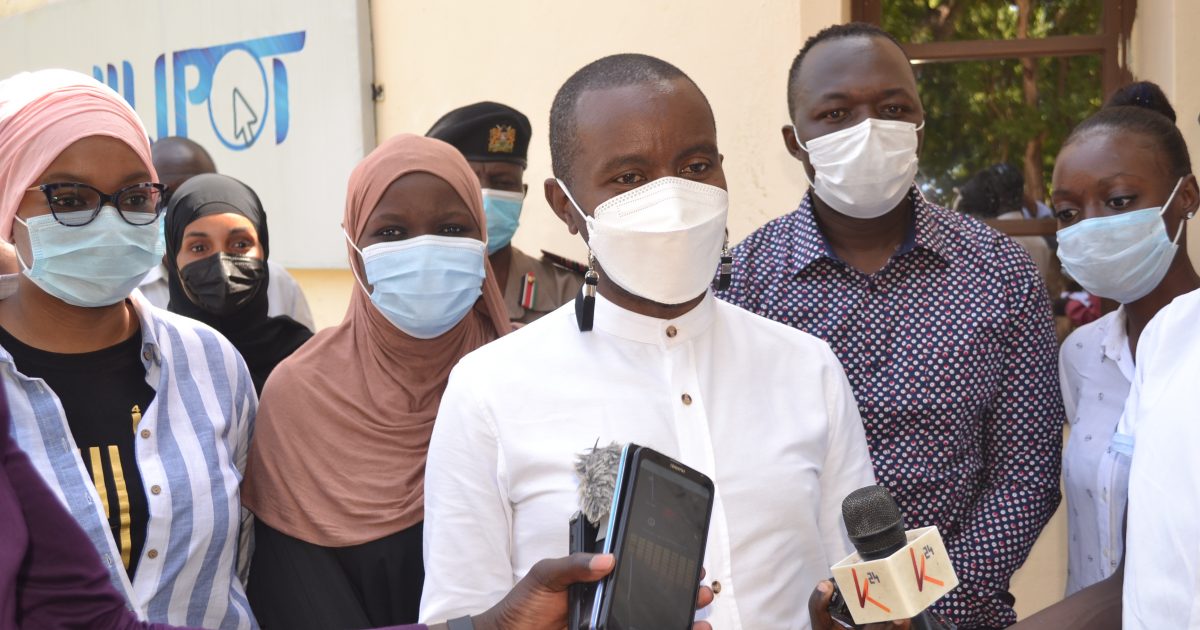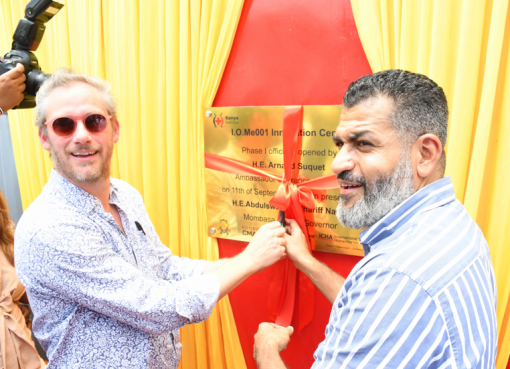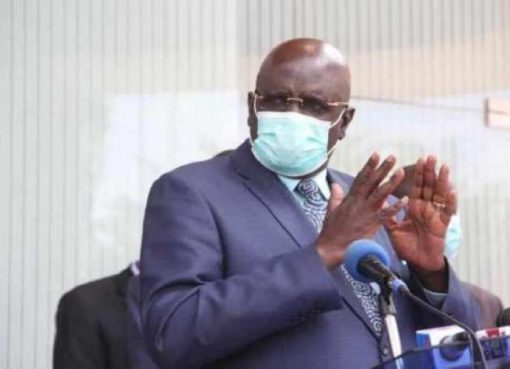The Government is committed to the roll out of the National Youth Policy to provide common aspirations and priorities for the development of young people in the Country.
The comprehensive policy dubbed ‘Kenya Youth Development Policy (KYDP 2019)’ seeks to harness and optimize the huge strengths and abundant opportunities that young people present.
It visualizes a society where youth have an equal opportunity as other citizens to realize their fullest potential by productively participating in socio-economic activities.
The Cabinet Secretary (CS) for ICT, Innovations and Youth Affairs, Joe Mucheru, says the Policy will go a long way in addressing personal and structural barriers that affect the productivity of the youth.
Mucheru noted that the policy provides a foundation for youth participation in socio-economic development whilst recognizing that young people should be in the forefront in championing for their own development and not be mere bystanders.
He said the Government is out to promote an active and visible policy of mainstreaming a gender perspective in all policies and programmes.
“We are determined to tap into the vast youth potential for economic growth” said Mucheru, adding that the new policy will undertake a critical analysis of youth capabilities.
Mucheru declared young people as key resource and national asset, and underscoring the importance of youth empowerment to nation building.
Speaking, during a youth forum at the Swahili Pot hub in Mombasa, Mucheru says the policy will enhance the active involvement of young people in all spheres of development.
The CS said the policy seeks to ensure that young people are given meaningful opportunities to reach their full potential both as individuals and as active participants in society.
Mucheru said his Ministry has invested heavily in the new policy to see its full actualization and expressed optimism that it will place young people in the centre of all development initiatives.
“The policy forms a credible guide and reference tool for effective development and implementation of youth empowerment and development interventions in Kenya, in line with the Constitution and development goals at the County, National and International levels” said Mucheru.
The CS said the Policy enables the government to give priority to youth development and display its commitment to national youth development through the creation of appropriate policy implementation mechanisms and the allocation of sufficient resources.
Lack of such an initiative has over the years denied policy makers an opportunity to anchor youth agenda in policy formulation, leading to years of neglect and unfulfilled promises.
The policy is an expression of the collective commitment of concerned stakeholders to harness and optimize immense strength and opportunities the youth in Kenya harbour, which they have failed to tap as they navigate structural barriers.
“The framework offers clear mechanisms of implementation, coordination at national, county and sub-county levels, down to youth at the grass roots, a component that has been missing in the past,” said Mucheru.
The strategy also provides for institutional, communication, monitoring and evaluation frameworks to ensure effective implementation of identified policy objectives and measures.
Mucheru who was accompanied by Chief Administrative Secretary (CAS) Youth Affairs, Nadia Ahmed and Secretary Youth Affairs, Raymond Ochieng, said the policy will provide accountability that has lacked in many youth-geared policies in the past.
He said the youth are essential to the nation’s development, adding that the policy places them at the centre of development.
It recognizes that youth is not a homogenous group although they experience common developmental issues, their backgrounds, experiences, interests, gender, requirements and cultures are diverse.
The document aligns itself to the United Nations Development Programme human development perspective, which emphasizes on the richness of human life and focuses on creating fair opportunities and choices for all people.
It further seeks to create requisite conditions that guarantee youth their rights and security, support their meaningful participation in political and economic life, contribute to environmental sustainability and ensure gender equality.
It provides infrastructure for empowering youth, creating and supporting enabling conditions, under which youth can act on their own behalf and on their terms, rather than on direction of others.
Although the document highlights challenges the youth face such as unemployment, underdevelopment, exclusion and lack of access to basic services, it also looks at their positive side, a constituent with immense potential and capabilities that need to be harnessed.
It wants to not only safeguard the rights of the youth, but also to help them understand and fulfill their responsibilities for the development of the society as inheritors of Kenya’s future society.
Another key proposal is that the government allocates adequate resources in the annual budget to facilitate successful implementation of what the policy outlines.
By Hussein Abdullahi





